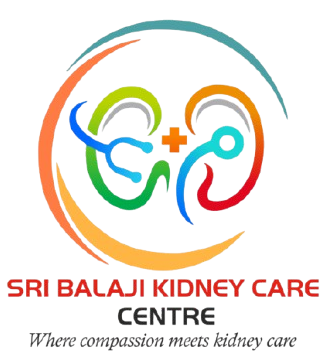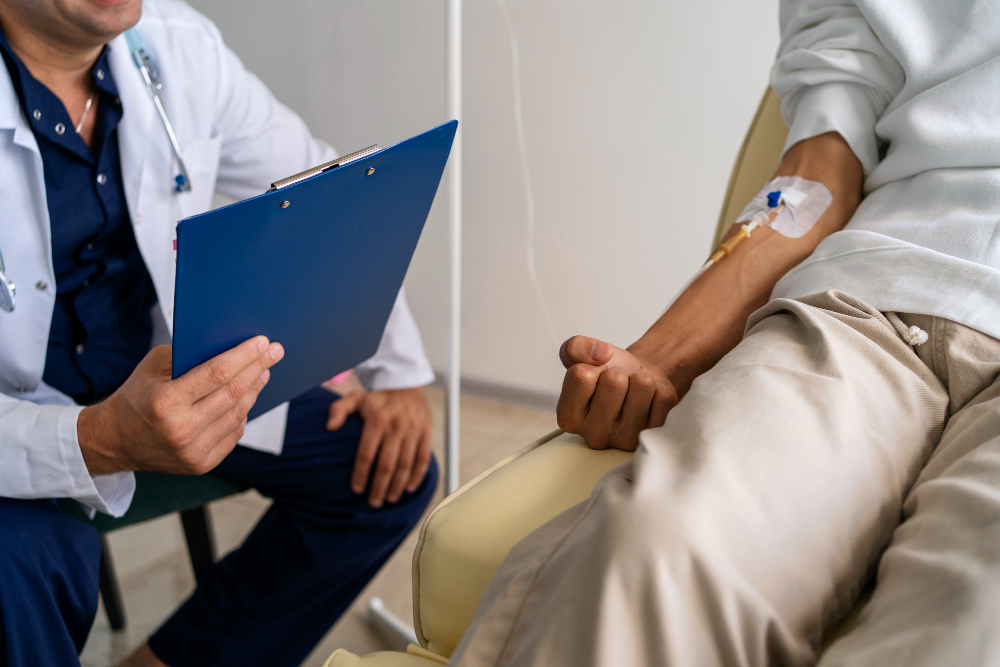What Is Acute Kidney Disease?
Acute Kidney Disease means your kidneys stop working well for a short time. This problem can happen quickly, sometimes in just a few hours or days. Because your kidneys help clean your blood, their sudden failure can be serious. Acute Kidney Disease treatment is important to help your body recover. In the United States, this condition is also called Acute Kidney Injury (AKI).
Common Symptoms and Causes
Often, symptoms of acute kidney disease appear suddenly. However, some people may not notice any signs at first. Watch for these symptoms:
There are several causes of acute kidney disease. For example, it can happen after severe dehydration, blood loss, or infection. Sometimes, certain medicines or toxins can harm your kidneys. In addition, heart or liver problems may also lead to this condition.
How Is Acute Kidney Disease Diagnosed?
Doctors use different tests to find out if you have acute kidney disease. First, they may ask about your symptoms and medical history. Next, they will check your blood and urine. These tests show how well your kidneys are working. Sometimes, doctors use ultrasound or other scans to look at your kidneys. Early diagnosis helps with better acute kidney disease recovery.
Treatment Options for Acute Kidney Disease
There are several ways to treat acute kidney disease. Your doctor will choose the best plan for you. Here are the main options:
Medical Management
Doctors often treat the cause of the kidney problem first. For example, if you are dehydrated, they may give you fluids. If an infection is present, you may need antibiotics. Sometimes, stopping certain medicines helps your kidneys heal.
Dialysis
In some cases, your kidneys may not recover quickly. Therefore, you might need dialysis. Dialysis is a treatment that cleans your blood when your kidneys cannot. This is usually a short-term solution until your kidneys get better.
Medications
Doctors may give you medicines to control blood pressure or balance fluids. These drugs help protect your kidneys and support your recovery. Always take medicines as your doctor prescribes.
Lifestyle Changes
Healthy habits can help your kidneys heal. For instance, you may need to:
With the right acute kidney disease treatment, many people recover fully. However, some may need ongoing care.
Recovery and Prognosis
Recovery from acute kidney disease depends on the cause and your overall health. Many people get better in a few weeks. However, some may have lasting kidney problems. Early treatment improves your chances of full recovery. Regular check-ups help your doctor track your progress. If you notice new symptoms, tell your doctor right away.
Prevention Tips and Lifestyle Guidance
You can lower your risk of acute kidney disease by making healthy choices. Here are some tips for preventing acute kidney disease:
In addition, follow your doctor’s advice if you have other health problems. Small changes can make a big difference in protecting your kidneys.
When to See a Kidney Specialist
If you have symptoms of acute kidney disease, do not wait. Early care can help prevent serious problems. Consult a kidney specialist for personalized advice.

